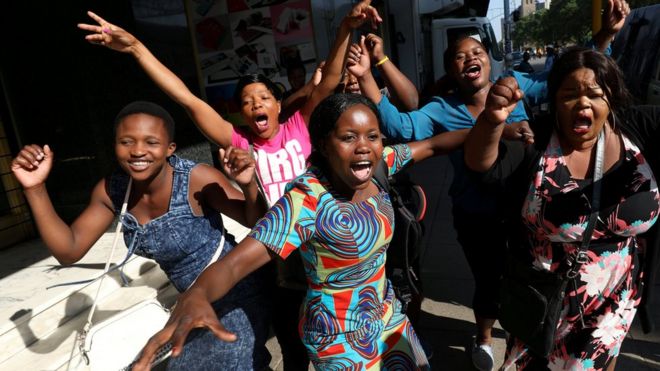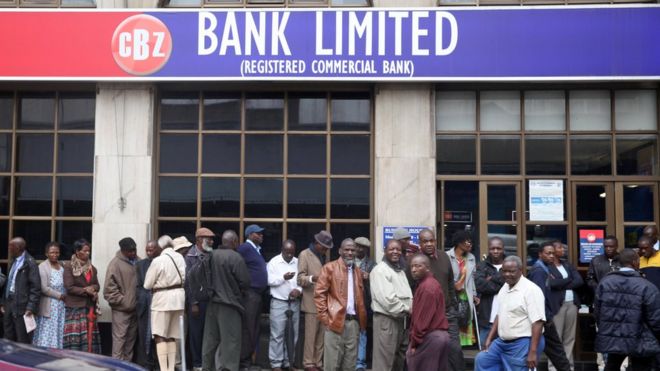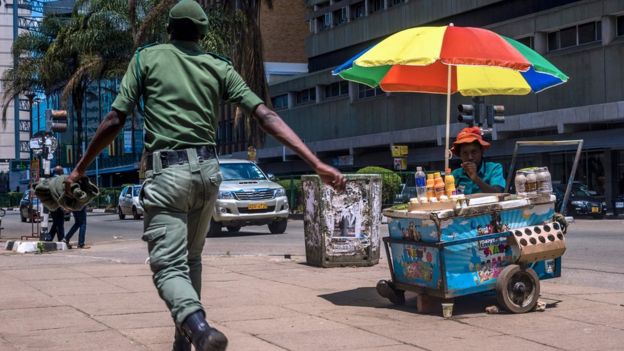Disir
Platinum Member
- Sep 30, 2011
- 28,003
- 9,607
- 910
Did I know – he asked – that behind Mahere, Advocate Mahere, was a white person called Sean Mullens? Of course I didn't, I who knows my own history, my company.
Zimbabwe: When our clan no longer acts like one | The Herald
It won't let me copy any part out and it is a bit tedious in the beginning. It isprobably the closest you will get to an alternative view of Pastor Evan Mawarire and whom and where his support comes from.
Zimbabwe: When our clan no longer acts like one | The Herald
It won't let me copy any part out and it is a bit tedious in the beginning. It isprobably the closest you will get to an alternative view of Pastor Evan Mawarire and whom and where his support comes from.






